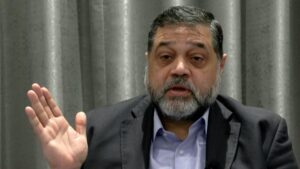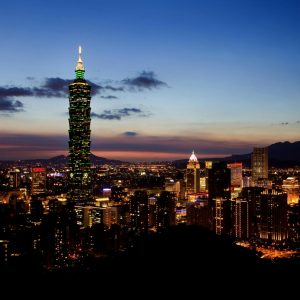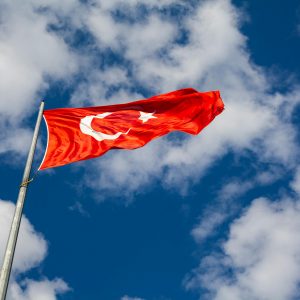Alarm grows over Iran protest crackdown in Kurdish city
Paris, France – (AFP):
Rights groups have voiced alarm over the extent of an Iranian crackdown on a Kurdish-populated city that has become a hub for protests. Oil refinery workers in the Kurdish town took industrial action in a new tactic.
Iran has been shaken by over three weeks of protests that erupted after the custodial death of Mahsa Amini, a 22-year old Iranian of Kurdish origin, who had been arrested for not abiding by the legislated dresscode. While investigations have proven Amini died of a pre-existing medical condition, protesters reject this, insisting she was a victim of police brutality.
Despite mass arrests and crackdowns on violent protesters, there is so far no sign of the protest movement coming to an end.
Protests have been especially intense in the city of Sanandaj in the western province of Kurdistan, Amini’s home region.
The Norway-based Hengaw rights group said residents were having problems sending video evidence of events due to internet restrictions.
Hengaw said at least seven people had been killed by the security forces in Sanandaj and other Kurdish-populated cities since Saturday. These claims have not been verified so far.
Amnesty International said it was “alarmed by the crackdown on protests in Sanandaj amid reports of security forces using firearms and firing teargas indiscriminately, including into people’s homes”.
On a visit to Sanandaj, Interior Minister Ahmad Vahidi reaffirmed Tehran’s position — strongly contested by rights groups — that the unrest had been “supported, planned and carried out by separatist terrorist groups”.
The New-York based Center for Human Rights in Iran said there was a risk of a similar situation in Sistan-Baluchistan province in the southeast where activists claim more than 90 people have been killed since September 30.
Analysts have said the protests are proving particularly challenging for the authorities due to their duration and multi-faceted nature, ranging from street demonstrations to individual acts of defiance.
Protests have also spread to Iran’s oil refineries with videos showing striking workers burning tyres and blocking roads outside the Asalouyeh petrochemical plant in the southwest.
Oslo-based group Iran Human Rights (IHR) said strikes were in progress in Abadan in western Iran and Bushehr to the south.
State news agency IRNA denied there was any strike action in the area. The governor of Asalouyeh, Ali Hashemi, told the Fars news agency that “opportunists” who had caused fires in the area had been arrested.
University campuses and even school classrooms have seen repeated protests, with students at the Amir Kabir University of Technology in Tehran shown chanting anti-regime slogans.
The crackdown has prompted international condemnation with US National Security Advisor Jake Sullivan telling Iran the “world is watching” and “will hold responsible those using violence in a vain effort to silence” protesters.










